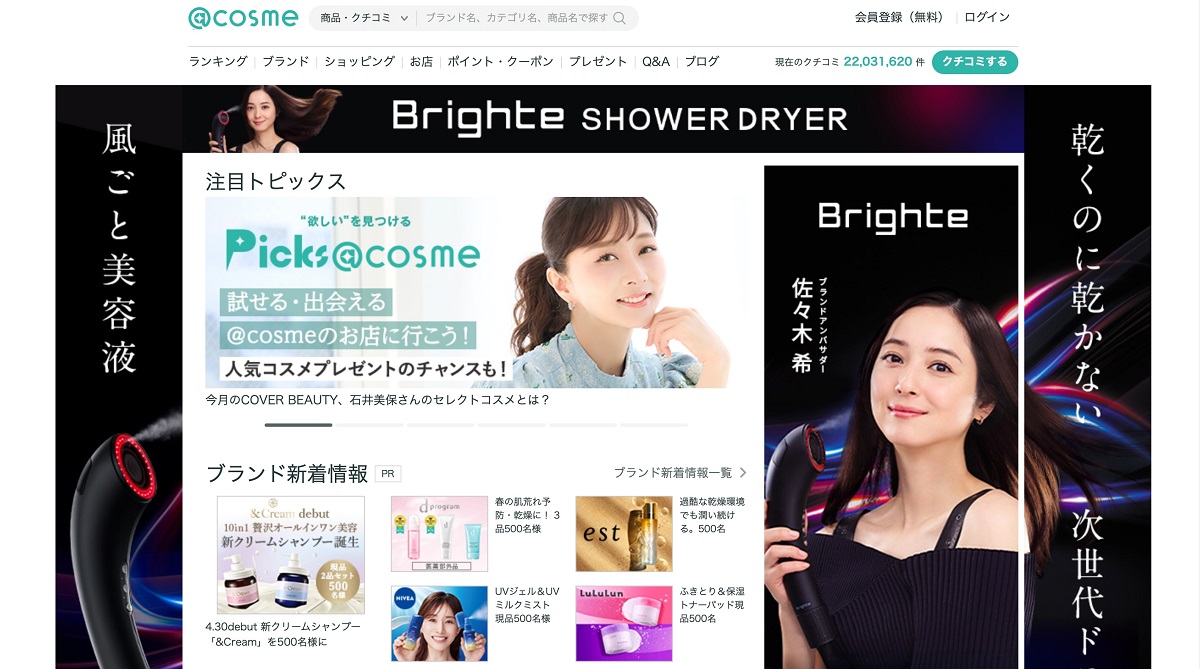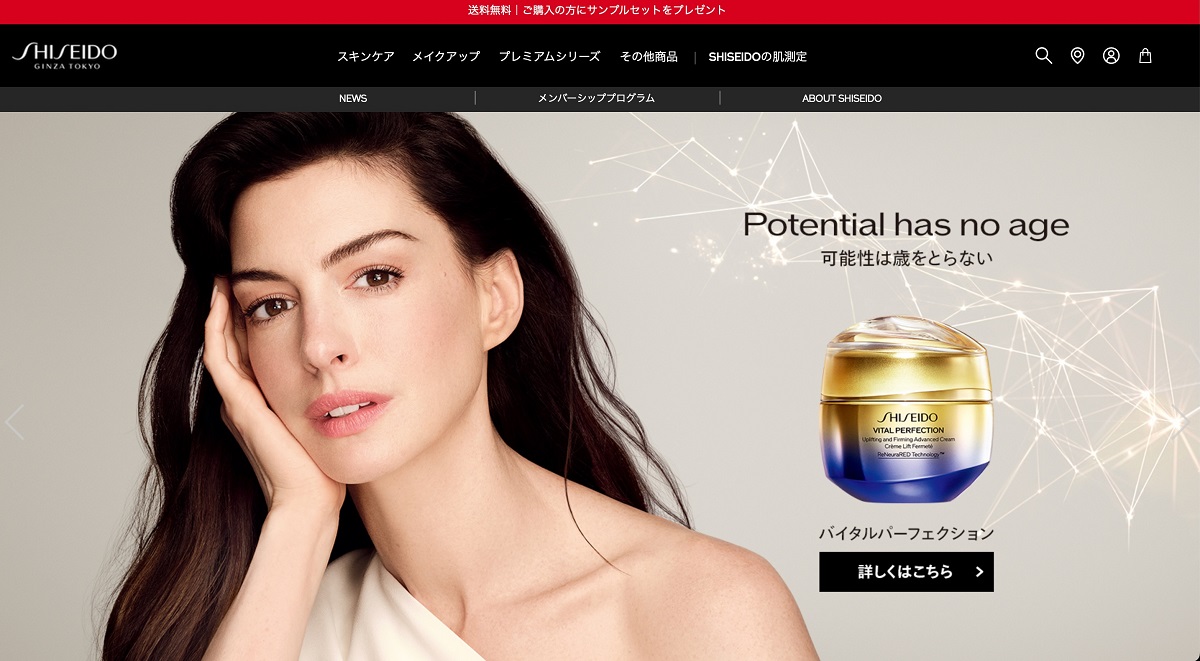Unlocking Japan’s Health & Wellness Market: Size, Trends, and Strategic Entry for Global Brands
Introduction
Japan’s health and wellness industry is one of the most lucrative and complex in the world. With a market size estimated at over ¥2.5 trillion (~$17 billion USD) and growing steadily, Japan stands as a global leader in consumer health innovation, functional foods, supplements, and holistic wellness solutions. Driven by a rapidly aging population, a high standard of living, and an ingrained cultural preference for preventive care, this market presents significant opportunities for international businesses.
In this comprehensive guide, we will cover:
• Market size and structure
• Consumer demographics and buying behavior
• Current wellness trends
• Opportunities and challenges
• Leading Japanese and foreign brands
• Sourcing from Japan
• Entry strategies for foreign companies
• How DGC can support your market entry and sourcing goals
As of 2025, Japan’s health and wellness industry exceeds ¥2.5 trillion and is expected to grow at a CAGR of 3.5% over the next five years. The market spans several verticals:
• Dietary Supplements (¥900 billion): Includes vitamins, minerals, herbal supplements, NMN, collagen, and beauty-from-within products.
• Functional Foods & Beverages (¥800 billion): FOSHU-certified drinks, digestive-support foods, protein-enhanced snacks.
• Fitness and Wellness Equipment (¥400 billion): Includes massage chairs, home fitness, and digital health devices.
• Natural and Organic Products (¥300 billion): Expanding quickly due to clean-label preferences and plant-based demand.
• Beauty & Inner Wellness (¥300 billion): Collagen supplements, beauty jellies, anti-aging skin nutrition.
Japan’s reputation for safety, high manufacturing standards, and scientific rigor makes its products especially desirable in overseas markets, particularly in the Middle East, Southeast Asia, and parts of Europe.
Understanding the psychology and behavior of Japanese consumers is crucial. Key demographic drivers include:
Aging Population
Japan has the world’s oldest population, with 28.7% aged 65 or older. This demographic prioritizes anti-aging, joint health, cardiovascular care, and immunity support. They favor trusted domestic brands and products backed by clinical research.
Health-Conscious Millennials and Gen Z
Younger generations are health-aware and image-conscious. They seek functional beverages, vegan and organic options, and science-backed performance supplements. This segment shops online frequently and is influenced by digital trends.
Urban Professionals
This group values convenience and quality. They are loyal to established brands and appreciate minimalist packaging, precise claims, and eco-conscious practices. Their interest lies in anti-stress formulas, brain health, detox, and sleep support.
Families and Children
Parents invest heavily in wellness products for their children, such as DHA, probiotics, multivitamins, and immunity-boosting supplements.
Subscribe to our Newsletter
1. Functional Nutrition: The demand for FOSHU-certified and functional foods that improve digestion, circulation, and immune health is increasing.
2. Beauty-from-Within: Collagen, ceramides, hyaluronic acid, and biotin-based products have become daily routines for many consumers.
3. Anti-Aging Innovation: NMN (Nicotinamide Mononucleotide) and NAD+ boosters are rising in popularity, especially among affluent 40+ consumers.
4. Plant-Based & Vegan Products: The shift toward sustainability is leading to more plant-based proteins, mushroom supplements, and dairy-free functional snacks.
5. Digital Health Platforms: Japanese consumers are using wellness apps and ecommerce platforms such as Rakuten, Amazon Japan, and LOHACO.
6. Personalized Wellness: DNA-based nutrition, customized skincare, and condition-specific formulations are becoming popular.

• Sourcing Japanese Brands: Japanese health and wellness brands are actively seeking global distributors, especially in the Middle East and Southeast Asia.
• Private Label Manufacturing: Japan offers world-class OEM services in supplements, teas, jellies, and functional foods.
• Introducing Foreign Brands: Brands with a strong product story and scientific evidence can succeed in Japan if localized properly.
• Regulatory Barriers: Japan has complex laws around labeling and health claims (e.g., FOSHU, FFC, and PMDA).
• Distribution Access: Gaining shelf space in top pharmacies like Matsumoto Kiyoshi, Don Quijote, and Aeon requires strong local partnerships.
• Cultural Fit: Success often depends on localized branding, language nuance, and alignment with Japanese consumer expectations.
• Price Sensitivity vs Quality: While Japanese consumers value quality, they also expect affordability and clarity in benefit delivery.

Shiseido
Japan’s largest and oldest cosmetics company, Shiseido has expanded into the health and wellness sector with beauty supplements focusing on skin health, anti-aging, and overall vitality. Shiseido is renowned for its relentless investment in R&D and its ability to merge scientific innovation with traditional Japanese beauty philosophies. It has become a symbol of premium quality and trust not only domestically but globally. More on Shiseido
DHC Corporation
DHC has built its success on affordability, high-quality sourcing, and a massive product range across skincare, supplements, and beauty nutrition. Known for its olive oil-based skincare and collagen supplements, DHC achieved dominance through direct-to-consumer strategies like catalogs and online sales before it was a trend. Their model of offering clinically proven, additive-free products at competitive prices made them a household name. DHC Official Site
Itoh Kanpo
Itoh Kanpo has bridged traditional herbal medicine (Kampo) with modern delivery systems such as gummies and tablets. They emphasize natural detox solutions, metabolism support, and internal cleansing—themes that resonate strongly with Japanese consumers who value preventive health. Their commitment to natural efficacy has earned loyal repeat customers. Itoh Online
Toei Shinyaku (King Agaricus KA21)
Specializing in King Agaricus mushrooms, Toei Shinyaku stands out due to its rigorous scientific research, including clinical studies demonstrating immune-boosting properties. The company’s positioning as a science-first, trusted natural remedy provider has made it popular among seniors and health enthusiasts seeking proven preventive care solutions. Toei Shinyaku
Smily Method
Smily Method is leading Japan’s NMN supplement revolution, a rapidly growing anti-aging sector. Their products boast extremely high purity (over 99%), manufactured under pharmaceutical-grade standards. They appeal to Japan’s aging, wealthy demographic that seeks premium, scientifically backed longevity solutions. Smily Method
Unimat Riken
Unimat Riken specializes in family health, offering a wide range of wellness jellies, functional teas, and children’s supplements. Their success lies in creating safe, easy-to-consume health products for daily life, supported by visually appealing, family-oriented branding. They also actively export to neighboring countries, boosting their global reputation. Unimat Riken
Fancl
Fancl is a pioneer of “preservative-free” cosmetics and supplements in Japan. They built their brand on transparency, clean labeling, and a commitment to sensitive skin and body needs. Fancl’s supplements cover a wide array of wellness needs from gut health to beauty support, and their strong retail presence strengthens their brand trust. Fancl International
Orihiro
Orihiro leads the market for functional foods like konjac-based diet aids, dietary fiber supplements, and green juice powders. Their focus on digestive health, weight management, and natural detox solutions matches Japan’s trend toward gut health and daily maintenance. Their distribution in both pharmacies and grocery stores increases brand accessibility. Orihiro Official
Swisse (Australia): Popular for collagen, biotin, and beauty nutrition. Swisse succeeded in Japan by strategically localizing their product range to meet Japanese consumer preferences—especially in the beauty-from-within category. They focused on collagen, biotin, and vitamin-infused nutrition to cater to Japan’s booming beauty supplement market. Their packaging and marketing were adapted to Japanese aesthetics, and they gained traction through digital channels like Rakuten and @cosme. Swisse also emphasized transparency in labeling and sourced ingredients that meet Japan’s stringent health standards
Herbalife (USA): Leveraged nutrition clubs and wellness education in Japan.Herbalife established a strong presence in Japan by promoting a community-first approach with localized “wellness clubs.” These centers created educational spaces where individuals could learn about nutrition and personalized health solutions. Herbalife also partnered with fitness instructors and local influencers to promote lifestyle-driven wellness. The company’s approach to building trust through face-to-face engagement resonated well in Japan’s relationship-driven culture
Nature’s Way (USA): Adapted to local compliance and gained traction through quality sourcing. Nature’s Way focused on regulatory alignment and quality assurance, ensuring their product formulations complied with Japan’s FOSHU and FFC systems. They partnered with reliable Japanese distributors and promoted their natural ingredient sourcing as a unique selling point. Their botanical-based supplements aligned with Japan’s cultural appreciation for herbal wellness. Quality storytelling and localized branding helped the brand earn visibility in specialty health stores and online platforms
- Partner with Experts: Work with a local market entry consultant like Driven Global Consulting to navigate bureaucracy, regulatory hurdles, and cultural nuances. DGC can assist with FOSHU/FFC filing, distributor matchmaking, and government liaison, dramatically increasing your success rate.
- Start with E-Commerce: Test the waters via Rakuten, Amazon Japan, or your own Shopify store localized for Japan. E-commerce offers a low-risk entry point and provides immediate consumer feedback. Leveraging Japanese marketplaces also helps build brand awareness before approaching physical retail channels.
- Regulatory Alignment: Prepare your formulas, ingredient documentation, and product labeling to meet the requirements under Japan’s FOSHU (Foods for Specified Health Use) or FFC (Foods with Functional Claims) systems. Securing functional claims can give your products a competitive advantage on both packaging and ecommerce listings.
- Local Storytelling: Adapt your brand story to align with Japanese cultural values such as purity, trust, innovation, and harmony with nature. Consider hiring native Japanese copywriters and designers to refine messaging and packaging aesthetics. Tailor communications to emphasize clinical proof, Japanese preferences for modesty, and a community-based approach.
- Partner with Experts: Work with a local market entry consultant like DGC to navigate bureaucracy.
- Start with E-Commerce: Test the waters via Rakuten, Amazon Japan, or your own Shopify store localized for Japan.
- Regulatory Alignment: Prepare your formulas and labeling for FOSHU/FFC application.
- Local Storytelling: Localize your brand essence into Japanese culture. Consider regional language nuances.
At Driven Global Consulting (DGC), we specialize in:
- Full-market entry services in Japan, from regulatory approvals to retail/channel strategy.
- Sourcing premium Japanese wellness brands for international distribution.
- B2B matchmaking and negotiation with Japanese manufacturersand distributors.
- Localization consulting including packaging, content, and product positioning
- Partnership development across Japan and the Middle East.
Whether you’re a foreign brand seeking to enter Japan or a distributor looking to source from Japan’s health and wellness sector, DGC is your local partner on the ground.
Japan’s health and wellness sector offers a blend of tradition, tech, and trust. With the right strategy and expert support, foreign businesses can tap into a health-conscious, trend-forward, and high-spending consumer base.
Moreover, if any foreign buyers are looking to source premium Japanese health and wellness brands for international distribution, Driven Global Consulting (DGC) can support you. DGC proudly partners with more than 50 top-tier Japanese wellness and supplement brands, offering unmatched access to proven, export-ready products across functional foods, supplements, beauty nutrition, and holistic wellness categories.
With the right strategy and partner, foreign brands can tap into one of Asia’s most rewarding wellness markets — and DGC is here to help guide you every step of the way.
Start now—Japan’s wellness future is your global growth opportunity.
📩 Contact us to explore sourcing opportunities or launch your brand in Japan.

